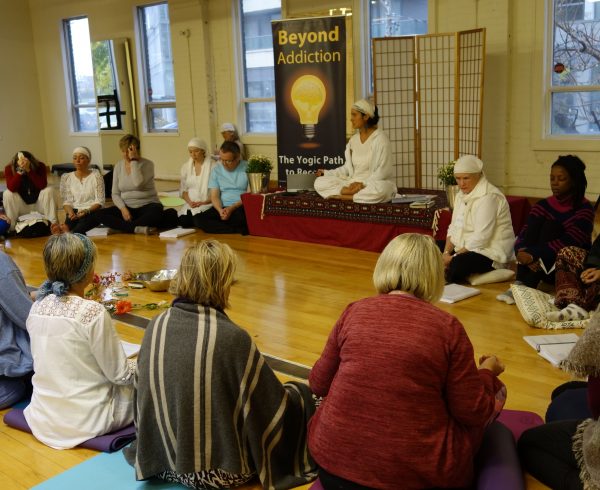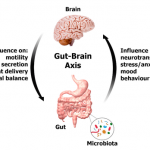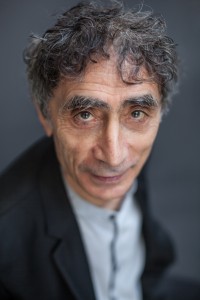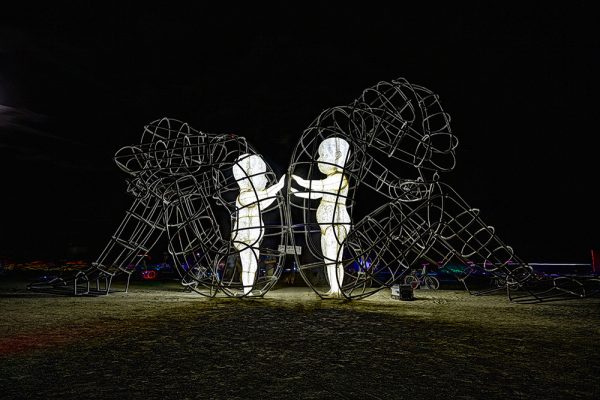What’s Your Underlying Belief?
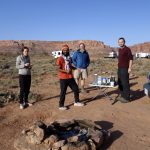
I continue to benefit from the insights of Dr. Gabor Maté, both personally and professionally, and am immensely grateful for the opportunity to study and teach with him. One of the areas in my own life that I currently bring awareness to are the mostly unconscious beliefs that show up when I feel self-pity or want to blame others. Both of these states cause internal discomfort. Here's a recent example. I was in Utah last week on a family vacation, touring around in my son's new-to-him 1992 Volkswagon camper van, hiking in gorgeous national parks and tenting at night, enjoying being together with my grown children, son-in-law and husband. On a particular long uphill hike to a natural hot springs not far from Salt Lake City, I found myself well behind the …

